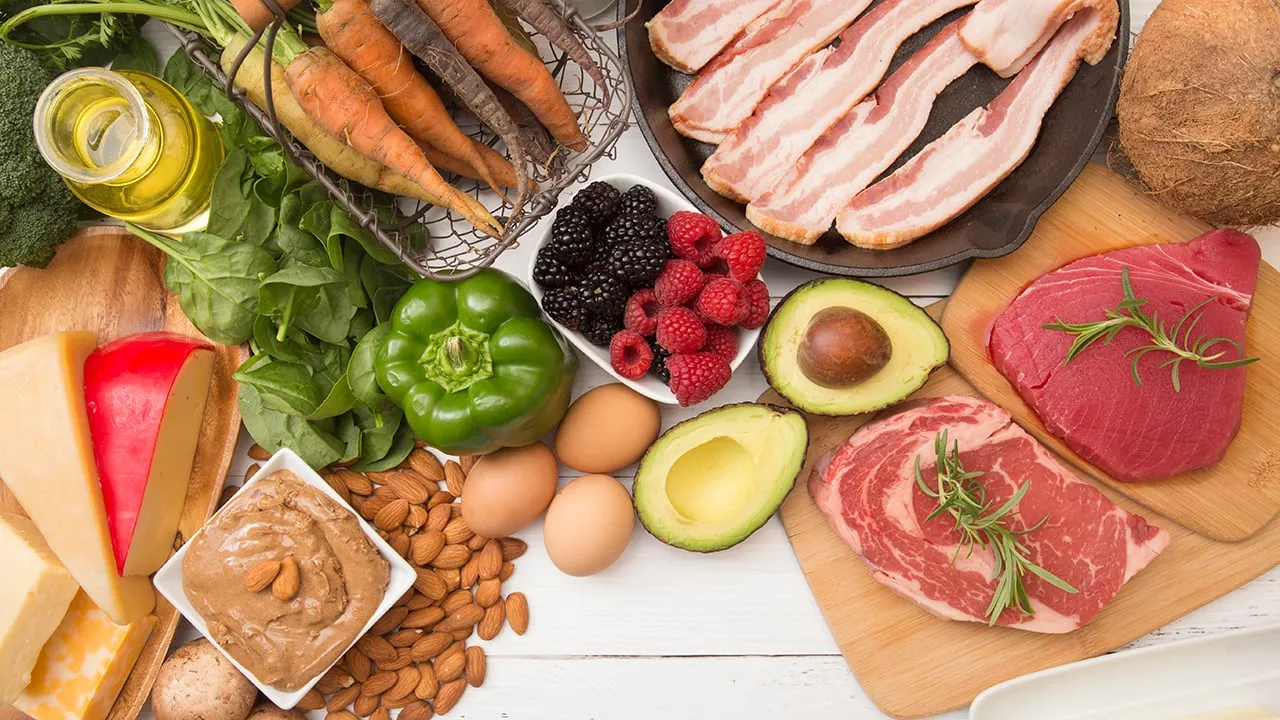
Nutrition Tips for Athletes
Nutrition plays a crucial role in the performance and recovery of athletes. Whether you’re a professional or a recreational athlete, your body requires specific nutrients to function optimally. A well-balanced diet can enhance energy levels, improve endurance, and speed up recovery. This blog will provide essential nutrition tips for athletes to help them reach peak performance.
1. Prioritize Protein
Protein is essential for muscle repair and growth. Athletes should aim to consume lean sources of protein such as chicken, turkey, fish, eggs, and plant-based options like beans and tofu. Depending on the intensity of your workouts, you may need between 1.2 to 2.0 grams of protein per kilogram of body weight per day. Including protein in every meal can help with recovery and muscle maintenance.
2. Carbohydrates for Energy
Carbohydrates are the primary fuel source for athletes, especially for endurance activities like running or cycling. Complex carbs like whole grains, brown rice, oats, and sweet potatoes provide a steady release of energy throughout the day. It’s essential to consume enough carbohydrates to replenish glycogen stores, which are depleted during exercise. For optimal performance, aim for 3 to 5 grams of carbohydrates per kilogram of body weight daily.
3. Hydration is Key
Staying hydrated is critical for athletic performance. Dehydration can lead to fatigue, decreased coordination, and muscle cramps. Athletes should drink water throughout the day and increase their intake before, during, and after exercise. For intense workouts lasting over an hour, sports drinks containing electrolytes can help replace lost minerals like sodium and potassium.
4. Include Healthy Fats
Healthy fats are important for energy and overall health. Fats help in the absorption of fat-soluble vitamins (A, D, E, and K) and provide long-lasting energy. Athletes should include sources of healthy fats like avocados, nuts, seeds, and olive oil in their diet. Omega-3 fatty acids found in fish and flaxseeds are particularly beneficial for reducing inflammation and supporting joint health.
5. Timing Your Meals
When you eat is just as important as what you eat. Athletes should aim to consume a meal rich in carbohydrates and protein about 2–3 hours before training or competition. After exercising, it’s essential to refuel with a meal or snack within 30–60 minutes to replenish glycogen stores and promote muscle recovery. A post-workout meal should include a balance of carbs and protein, such as a chicken sandwich on whole-grain bread or a smoothie with protein powder and fruit.
6. Don’t Forget Vitamins and Minerals
Athletes need adequate amounts of vitamins and minerals to maintain energy levels, bone health, and immune function. Calcium and vitamin D are vital for bone strength, while iron is essential for oxygen transport in the blood. Eating a wide variety of fruits and vegetables ensures that you’re getting a good mix of these micronutrients. If needed, consult with a healthcare provider about supplementing.
Conclusion
Proper nutrition is the foundation of athletic success. By prioritizing protein, carbohydrates, healthy fats, and hydration, athletes can fuel their bodies for optimal performance and recovery. Additionally, paying attention to meal timing and ensuring an adequate intake of vitamins and minerals can make a significant difference in overall well-being and performance. Take care of your body, and it will take care of you on the field, track, or court.



